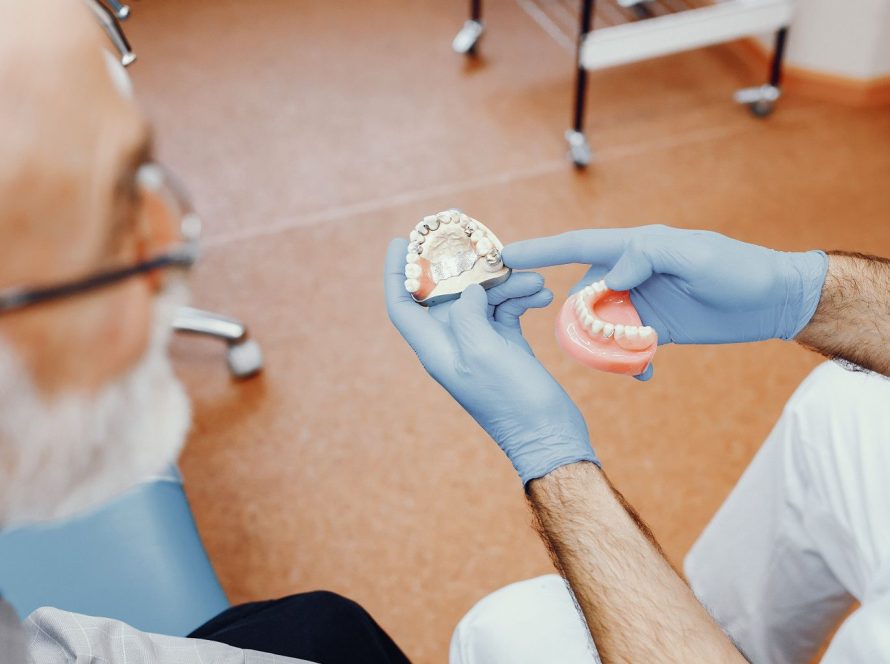
Dental implants are a popular and effective solution for replacing missing teeth, but one common concern among prospective patients is the perceived pain associated with the procedure. Understanding the pain levels and discomfort involved in getting dental implants can help alleviate anxiety and ensure a smoother treatment experience.
Before the Procedure: Before the actual implant surgery, your dental implant specialist will thoroughly assess your oral health, discuss your medical history, and create a personalized treatment plan. This planning phase is crucial for ensuring that the procedure goes smoothly and with minimal discomfort.
During the Procedure: Dental implant surgery is typically performed under local anesthesia, which numbs the treatment area. This means that during the surgery itself, you should not feel any pain. You may experience some pressure or vibrations, but these sensations are generally not painful. For patients with dental anxiety or who are particularly sensitive, sedation options like oral sedatives or intravenous (IV) sedation can also be provided to induce a state of relaxation during the procedure.
After the Procedure: It’s common to experience some discomfort or mild pain following dental implant surgery. This discomfort is usually manageable and tends to peak within the first 24 to 48 hours after the procedure. Patients may also notice some swelling and bruising around the implant site, which is a natural part of the healing process.
To minimize post-operative discomfort, your dental implant specialist will provide detailed post-operative care instructions, including:
-
Pain Medication: Over-the-counter pain relievers or prescription medications may be recommended to alleviate pain and inflammation. It’s important to follow your dentist’s instructions regarding medication dosage and frequency.
-
Cold Compress: Applying a cold compress to the outside of your cheek can help reduce swelling and provide relief.
-
Soft Diet: Eating soft foods and avoiding hard, crunchy, or spicy items can prevent irritation and discomfort around the surgical site.
-
Oral Hygiene: Maintaining good oral hygiene is crucial for preventing infection. Your dentist will provide guidance on how to clean the surgical area without disrupting the healing process.
-
Follow-Up Visits: Attending scheduled follow-up appointments with your dental implant specialist is essential for monitoring your healing progress and addressing any concerns.
Long-Term Comfort: While some initial discomfort is expected, the pain associated with dental implant surgery is typically short-lived. Most patients find that any pain or discomfort is well worth the benefits of having a stable, functional, and aesthetically pleasing tooth replacement. As the implant integrates with your jawbone over several months, any discomfort diminishes.
It’s important to communicate openly with your dental implant specialist about your pain tolerance, concerns, and any anxiety you may have. They can tailor the treatment plan and pain management options to ensure your comfort throughout the dental implant process.
In summary, dental implant surgery involves minimal pain during the procedure, and post-operative discomfort can be managed effectively with appropriate pain management techniques. The long-term benefits of dental implants often far outweigh the temporary discomfort, providing patients with a confident and pain-free smile.




